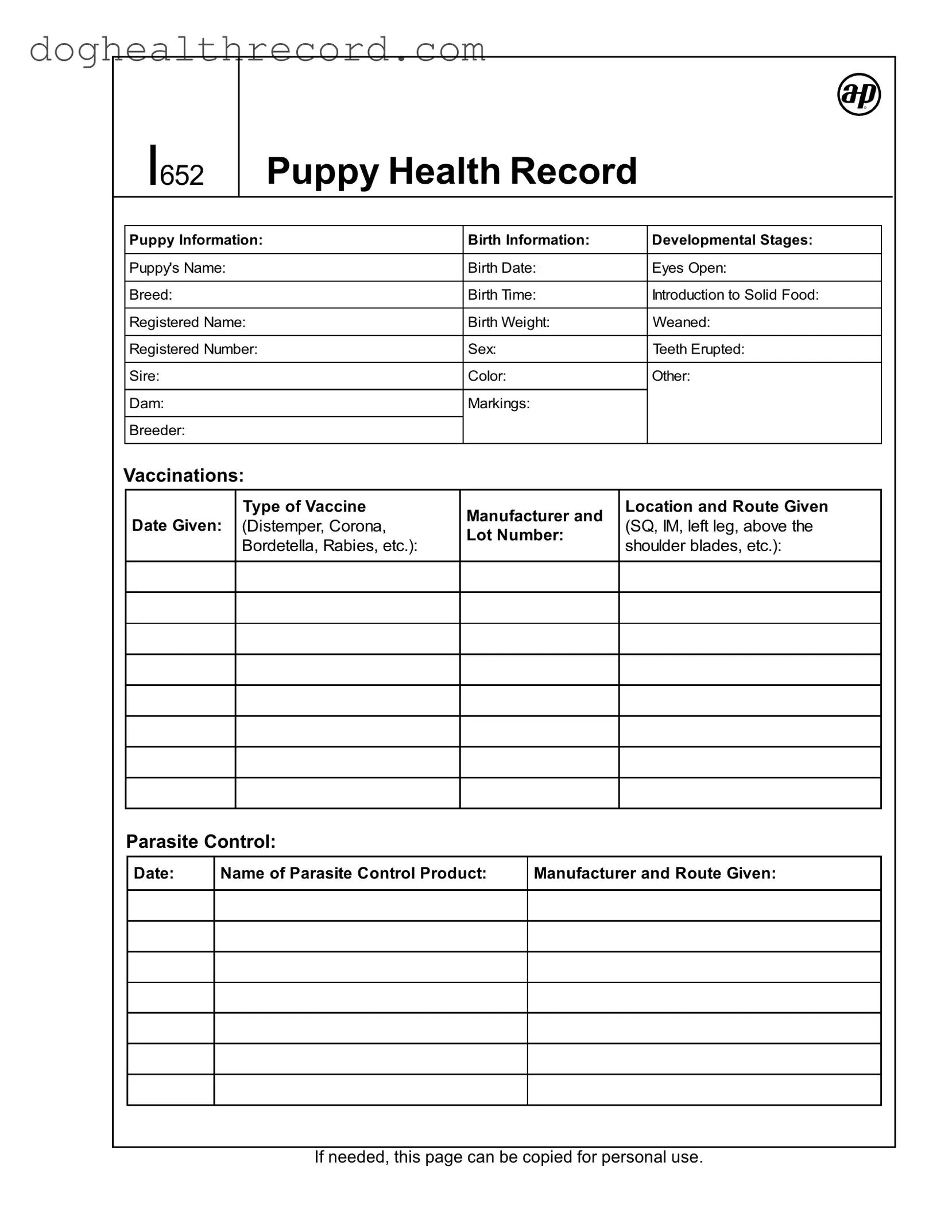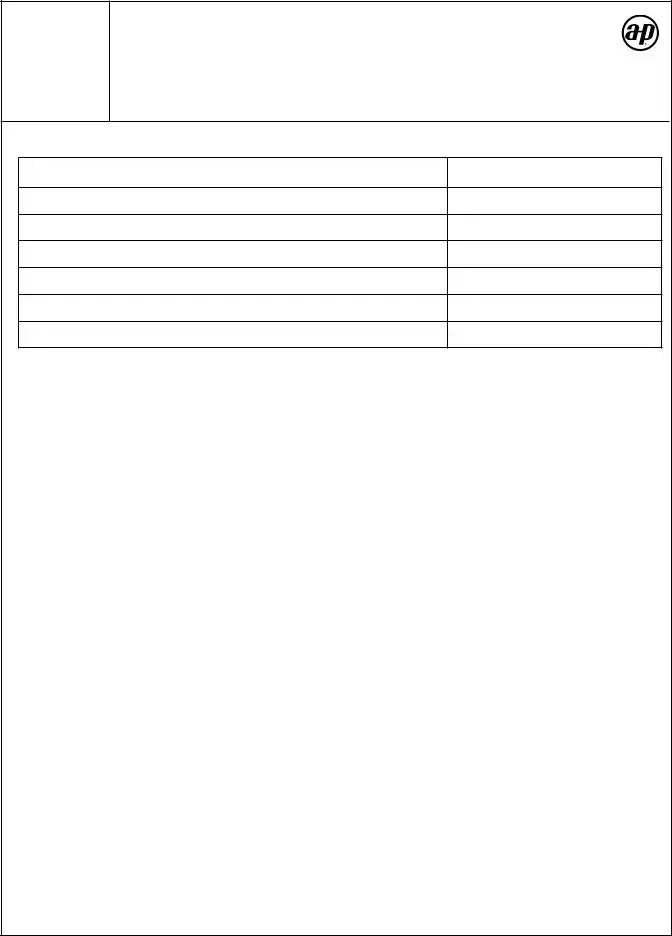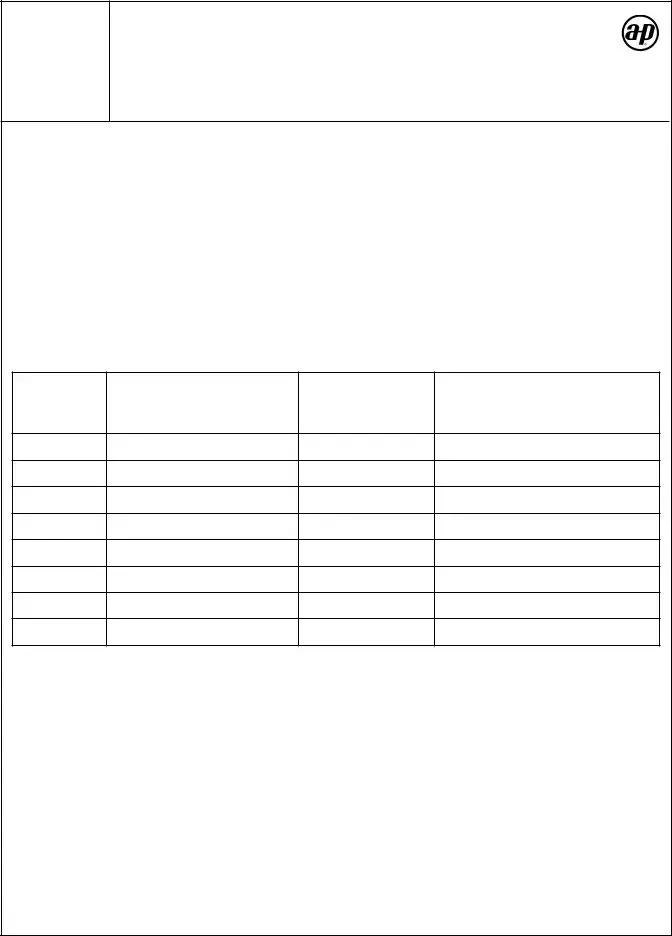Filling out the Puppy Health Record form is an essential task for any responsible pet owner. However, many individuals make common mistakes that can lead to incomplete or inaccurate records. One frequent error is neglecting to provide the puppy's name. This detail is crucial for identification and tracking the puppy's health history.
Another common mistake is failing to accurately record the birth date. This information is vital for scheduling vaccinations and other health-related events. If the birth date is incorrect, it could lead to missed vaccinations or treatments, potentially jeopardizing the puppy's health.
Many people also overlook the importance of detailing the breed and color of the puppy. These attributes help veterinarians understand breed-specific health issues and tailor care accordingly. Inaccurate breed information can lead to inappropriate health recommendations.
Additionally, some owners forget to note the vaccination dates and types of vaccines administered. This oversight can result in confusion about what vaccinations the puppy has received, possibly leaving it vulnerable to preventable diseases.
Another mistake is not documenting the manufacturer and lot number of the vaccines. This information is crucial for tracking vaccine recalls and ensuring the safety of the products used. Without this detail, it may be challenging to address any potential health issues related to the vaccinations.
When it comes to parasite control, many individuals fail to indicate the name of the product used and the route given. This omission can hinder effective treatment if the puppy experiences a parasite outbreak. Proper documentation ensures that all treatments are accounted for and can be monitored over time.
Some owners also neglect to include findings and comments from veterinary examinations. This section provides valuable insights into the puppy's health and development. Without these notes, it may be difficult to track progress or identify potential health concerns.
Another mistake is not utilizing the space for owner or veterinarian initials. Initials are important for accountability and tracking who performed various procedures or assessments. Missing initials can create confusion about the source of information.
Additionally, failing to follow the schedule of events can lead to missed developmental milestones. Keeping track of when specific procedures, such as de-worming or vaccinations, are performed is essential for maintaining the puppy's health.
Finally, some people forget to make copies of the form for personal use. Keeping a record at home can be invaluable for future reference, especially when visiting new veterinarians or when planning for spaying or neutering. A well-maintained Puppy Health Record ensures that your puppy receives the best care possible.


